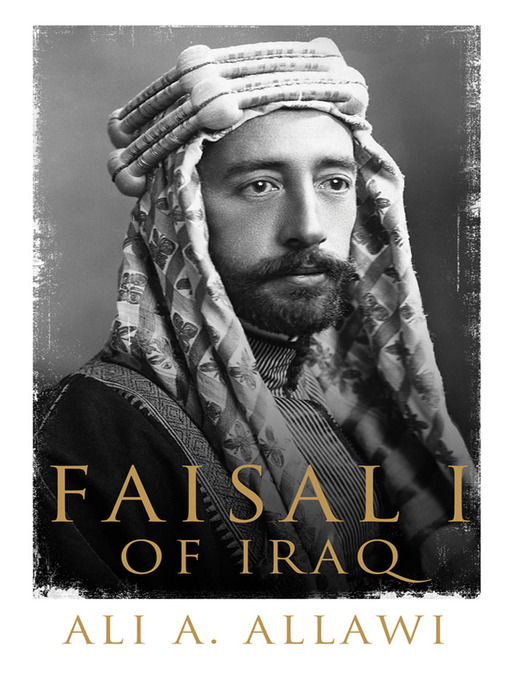The first major biography of the founder of modern Iraq, a charismatic champion of Arab independence and unity
Born in 1883, King Faisal I of Iraq was a seminal figure not only in the founding of the state of Iraq but also in the making of the modern Middle East. In all the tumult leading to the dissolution of the Ottoman Empire and the establishment of new Arab states, Faisal was a central player. His life traversed each of the important political, military, and intellectual developments of his times.
This comprehensive biography is the first to provide a fully rounded picture of Faisal the man and Faisal the monarch. Ali A. Allawi recounts the dramatic events of his subject's life and provides a reassessment of his crucial role in developments in the pre– and post–World War I Middle East and of his lasting but underappreciated influence in the region even 80 years after his death.
A battle-hardened military leader who, with the help of Lawrence of Arabia, organized the Arab Revolt against the Ottoman Empire; a leading representative of the Arab cause, alongside Gertrude Bell, at the Paris Peace Conference of 1919; a founding father and king of the first independent state of Syria; the first king of Iraq—in his many roles Faisal overcame innumerable crises and opposing currents while striving to build the structures of a modern state. This book is the first to afford his contributions to Middle East history the attention they deserve.


